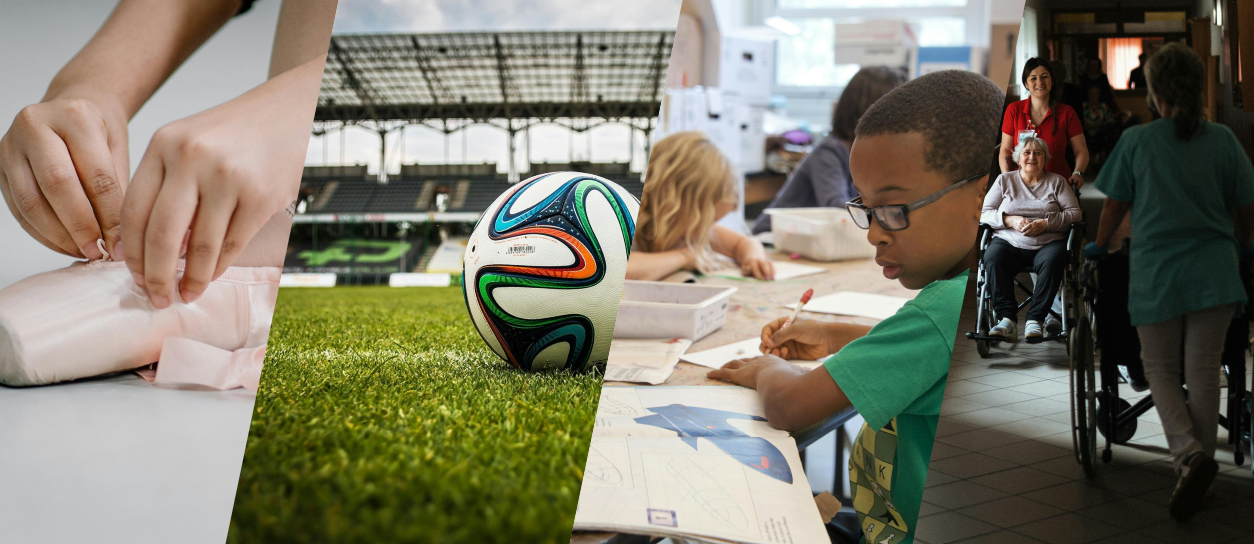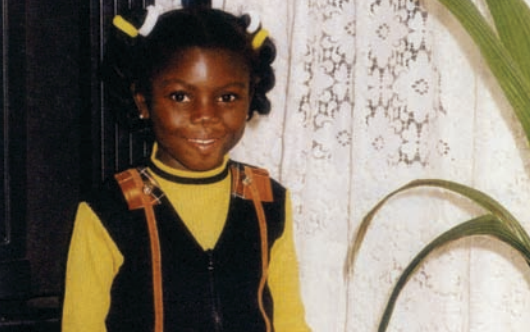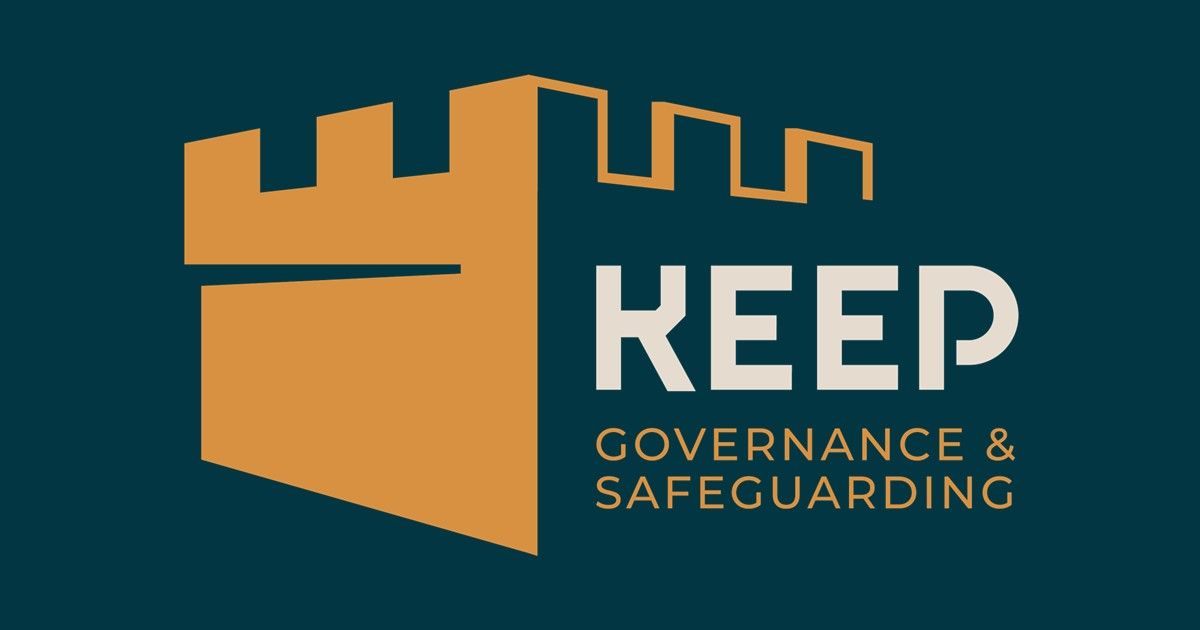“Serious questions about who knew what and when?”
And here we are again, another scandal erupting in some of the UK’s most high profile organisations. This week its how the BBC and Channel 4 made decisions about engaging Russell Brand between 2006 and 2013, a period of time when allegations have now been made against him of rape, sexual assaults and emotional abuse. Today, the Conservative MP and Chair of the Women and Equalities Committee Caroline Nokes said there are "some serious questions about who knew what and when".
It’s positive that such illegal, abusive, exploitative and inappropriate behaviours are being revealed as this is the first step to stopping them even if over 10 late. Strong governance, focussing on the right areas, could potentially have protected victims of this behaviour and prevented so many people being hurt.
Strong and effective governance means that leaders understand and manage the risks associated with their organisations, specific to their sectors and act to prevent the organisation’s reputation being damaged. All organisations place or maintain people in positions of power which those individuals can use to abuse people. Such positions of power include those situations provided by the legal definitions of positions of trust [a], providing opportunities to receive public adulation or even in the management of staff. Therefore, decisions about the appropriateness of people in positions of power must be of interest to Boards.
Considering how both strategic and operational business decisions could result in the abuse of children and adults at risk, or the exploitation or assault of anyone, must be a fundamental part of the Board’s role. They must challenge the organisation’s executives about how business decisions could put people at risk, in the same way they would challenge them about the strategic implications of other management decisions.
But too often safeguarding, conduct and protection are too far down the priority list for Boards, and they are not focussed on this fundamental part of their role.
In the case of Russell Brand, it seems that specific concerns were raised about his conduct to executives, but he remained in prominent presenting roles with the broadcasters. But the parallels to similar failings are stark, including the way allegations of abuse within gymnastics were responded to by the Board of British Gymnastics [b], the descriptions by the Baroness Casey Review of the Met Police’s governance arrangements as “fog” which contributed to the failings there [c], and numerous conclusions of the Independent Inquiry into Child Sexual Abuse [d]. Sadly, there are many more.
Lord Laming concluded in 2003 in his inquiry into the death of Victoria Climbié: “Never again should people in senior positions be free to claim – as they did in this Inquiry – ignorance of what was happening to children.” Hopefully we are moving to the point where senior leaders are unable to claim ignorance to any of these issues and prioritise safeguarding, conduct and protection alongside their other responsibilities.
Keep Safeguarding is working with organisations, large and small, to refine their structures to effectively provide oversight of safeguarding and misconduct issues to ensure they provide effective governance in this area too. Give as a call if you are interested in finding out how we can help you.
Sources and further information:
[a] How are we going to do it?, Positions of trust: Police, Crime, Sentencing and Courts Act 2022 factsheet, Home Office 2022
[b] The Whyte Review: Final Report of Anne Whyte QC, Sport England 2022
[c] Baroness Casey Review Final Report Metropolitan Police Service 2023
[d] The Report of the Independent Inquiry into Child Sexual Abuse, IICSA 2022




